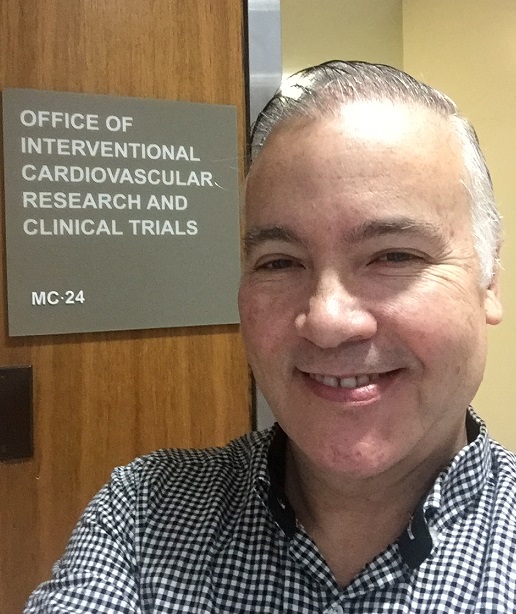
Carl Bazan Photo | 11/9













Google’s LYNA
Image: googleblog.com
An associate director in Mylan’s Department of Global Medical Affairs, Carl Bazan, MD, maintains an abiding interest in developments in the areas of nutrition and cancer research. Dr. Carl Bazan is particularly absorbed by novel ways of diagnosing cancer and cancer-staging technologies.
One emerging technology that recently went through a proof-of-concept study is Google’s LYNA, which takes a deep-learning and an AI approach to detecting hard-to-identify cancer cells that have passed into the lymph nodes. Taking a patient-specific biopsy heatmap as a basis, LYNA examines the biopsy at a variety of magnifications and uses an algorithm to recognize hidden cancer cell patterns.
This knowledge is critical in staging diverse types of cancer and understanding the aggressiveness of a particular tumor. Unfortunately, mobilized cancer cells are identified early enough for optimal treatment in less than 40 percent of cases at present. When metastasized cancer cells in the lymph nodes are identified through LYNA, the pathologist can coordinate appropriate treatment with radiologists and surgeons, among others.